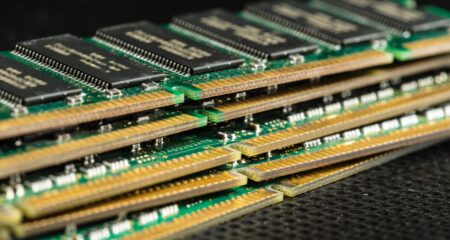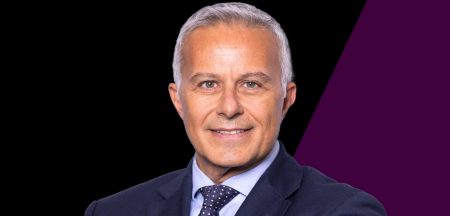
Hewlett-Packard’s share price tanked in after-hours trade on Thursday after it said it was abandoning WebOS, its operating system for tablets and mobile devices, and pulling the plug on its Apple iPad rival, the TouchPad.
What surprised the technology industry even more was news that it was considering spinning off or even selling its consumer PC division to focus more attention on enterprise software.
It confirmed it was in talks to buy the UK’s Autonomy for US$10,3bn. Autonomy provides data analysis and search tools for business customers.
In response to the news, HP’s share price fell almost 10% in after-hours trading after falling 6% in regular trading amid a broad market sell-off.
Explaining its plans to defocus its attention on the consumer PC business, HP cited low margins and reduced demand for PCs in the face of growing appetite among consumers for tablets. Its biggest rival, IBM, sold its PC business to China’s Lenovo in 2005 for $1,75bn, a decision that came just three years after HP bought Compaq for $17,6bn, making it the world’s largest PC maker.
But according to Bloomberg, the PC division had the lowest operating margin of any HP division in its most recent financial quarter, despite accounting for 30% of sales. The focus on the PC business had been driven by former CEO Carly Fiorina, who engineered the Compaq deal.
Markets were also surprised by the news that HP was abandoning the TouchPad and effectively killing off WebOS. In April 2010, HP acquired the ailing Palm for $1,2bn to buy WebOS.
Many analysts saw the combination of HP’s experience in the hardware manufacturing field and the potential of WebOS as a sign it would become a genuine competitor to Google’s Android and Apple’s iOS operating systems.
However, HP failed to capitalise on the potential of WebOS and the TouchPad was panned for lack of stability and poor performance. — Craig Wilson, TechCentral
- Image: Donjd2
- Subscribe to our free daily newsletter
- Follow us on Twitter or on Facebook




